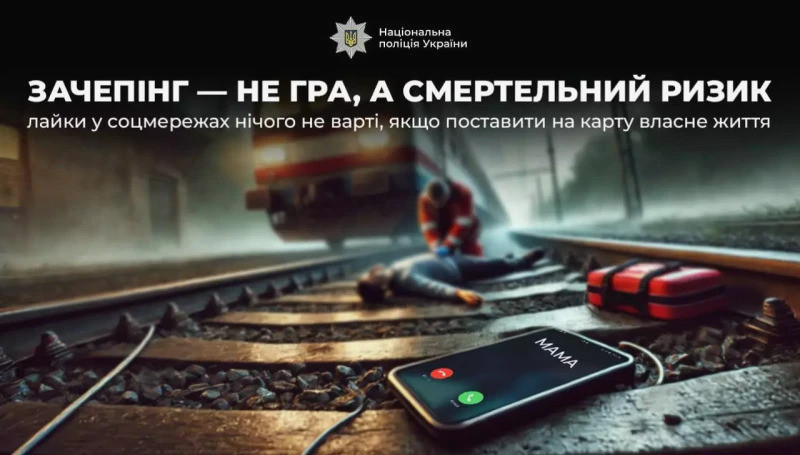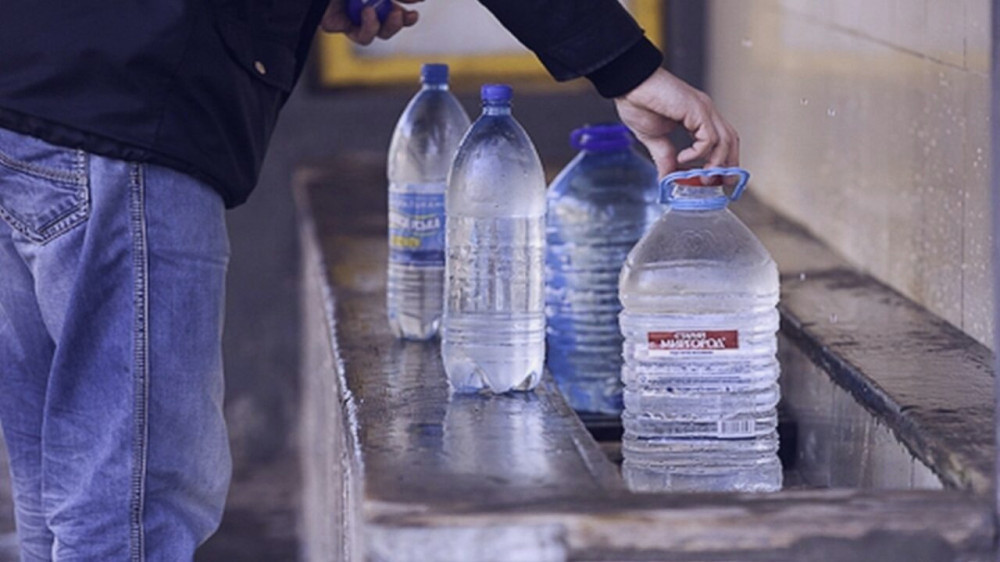Teenagers and Dangerous Trends: A Call for Caution
The Odesa police are warning: train surfing is not heroism but a perilous game.
This risky trend is gaining popularity among teens through social media. Youngsters chase the thrill, unaware of the dangers involved.
"This is not bravery; it’s a dangerous game with death," asserts Victoria Chalova, head of the juvenile prevention department of the Odesa Regional Police.
This year, there have already been three tragic incidents in the Odesa region: teenagers have died or suffered severe burns after climbing onto stationary train cars. Police Major Victoria Chalova emphasizes that even stationary railway infrastructure poses deadly risks due to high-voltage electricity. A person can be electrocuted not only on contact but also from a dangerous distance.
Officers work daily to prevent such tragedies. They educate children in schools, conduct raids at train stations, collaborate with Odesa Railway employees, and monitor social networks to tackle hazardous content promptly.
"Kids often imitate what they see on social media. They don’t realize that a few thousand likes aren’t worth the consequences - serious burns, health loss, or even death," warns Victoria Chalova.
According to her, the motivation for such actions stems not only from the desire to stand out but also from peer pressure: if train surfing is deemed brave in a group, a child strives to meet those expectations.
The police also remind that responsibility for such actions does not lie solely with the teenagers. If the offender is under 16, parents will be held accountable. In cases of serious consequences, criminal liability is also possible.
"A child's safety begins at home - with trust, explanations, and supervision. Parents must know who their child interacts with, what they watch online, what they dream about, and where they spend their free time. I would also note that, according to current legislation, children under 16 cannot be in public places unaccompanied by adults from 10 PM to 6 AM. These simple rules can save lives," concluded Victoria Chalova.








